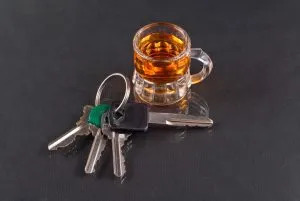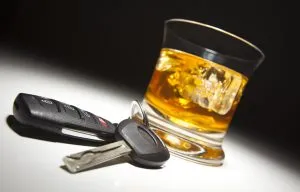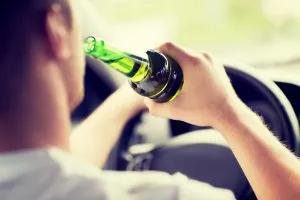 Drinking and driving in the United States is against the law. Not only are you risking a crash while driving drunk, you’re risking the lives of other drivers who are sharing the road with you. There are many questions about drinking and driving that have some surprising answers. Let’s take a look at just a few of those answers that you need to know now.
Drinking and driving in the United States is against the law. Not only are you risking a crash while driving drunk, you’re risking the lives of other drivers who are sharing the road with you. There are many questions about drinking and driving that have some surprising answers. Let’s take a look at just a few of those answers that you need to know now.
What is Drunk Driving Considered Legally?
Often referred to as operating under the influence of liquor, drunk driving is considered driving when your blood alcohol content (BAC) renders you unable to make safe driving decisions. Driving with alcohol and drugs mixed into your system is also considered a drunk driving offense if you become physically impaired. If you do get pulled over under the suspicion of drunk driving, you may be asked to perform on an on-site breathalyzer test. If your BAC comes back above a certain threshold (check your state laws to confirm the amount) and it’s at or above what your state law allows, you will likely be charged with DUI or DUI.
What Should I Say if a Police Officer Pulls Me Over?
If an officer pulls you over and asks you if you’ve been drinking and driving, you are not required to answer any incriminating question. If you don’t know what to say, even if you haven’t been drinking, you are legally allowed to make a statement like, “I would like to speak with my lawyer before answering any questions.” However, refusal to take a breathalyzer test may still result in a ticket or a trip to the nearest police station.
Do You Need to be Drunk to be Charged with DUI?
A breathalyzer doesn’t care whether you’ve had two beers or 12. If your BAC reads above or near the legal threshold, you could be charged with a DUI. Even if you don’t feel like you’ve had eight beers in three hours, your blood alcohol level will certainly say differently. Always be conscious of that before you get behind the wheel.
If you have been charged with DUI in the past, there’s a chance that you have had to go through ignition interlock installation. If you’ve dealt with ignition interlock installation, that means you’ve had an ignition interlock device put into your car to tell if you’ve had too much to drink before driving. Almost all ignition interlock devices will make you perform a rolling retest five to 15 minutes after the vehicle is started. They will also ask you to perform one randomly throughout the trip.
If you’ve never been charged with a DUI but are considering taking the chance, just know that ignition interlock installation is expensive. And remember: you’re putting more than just one life in danger.

 What Does a DUI Actually Cost You?
What Does a DUI Actually Cost You?